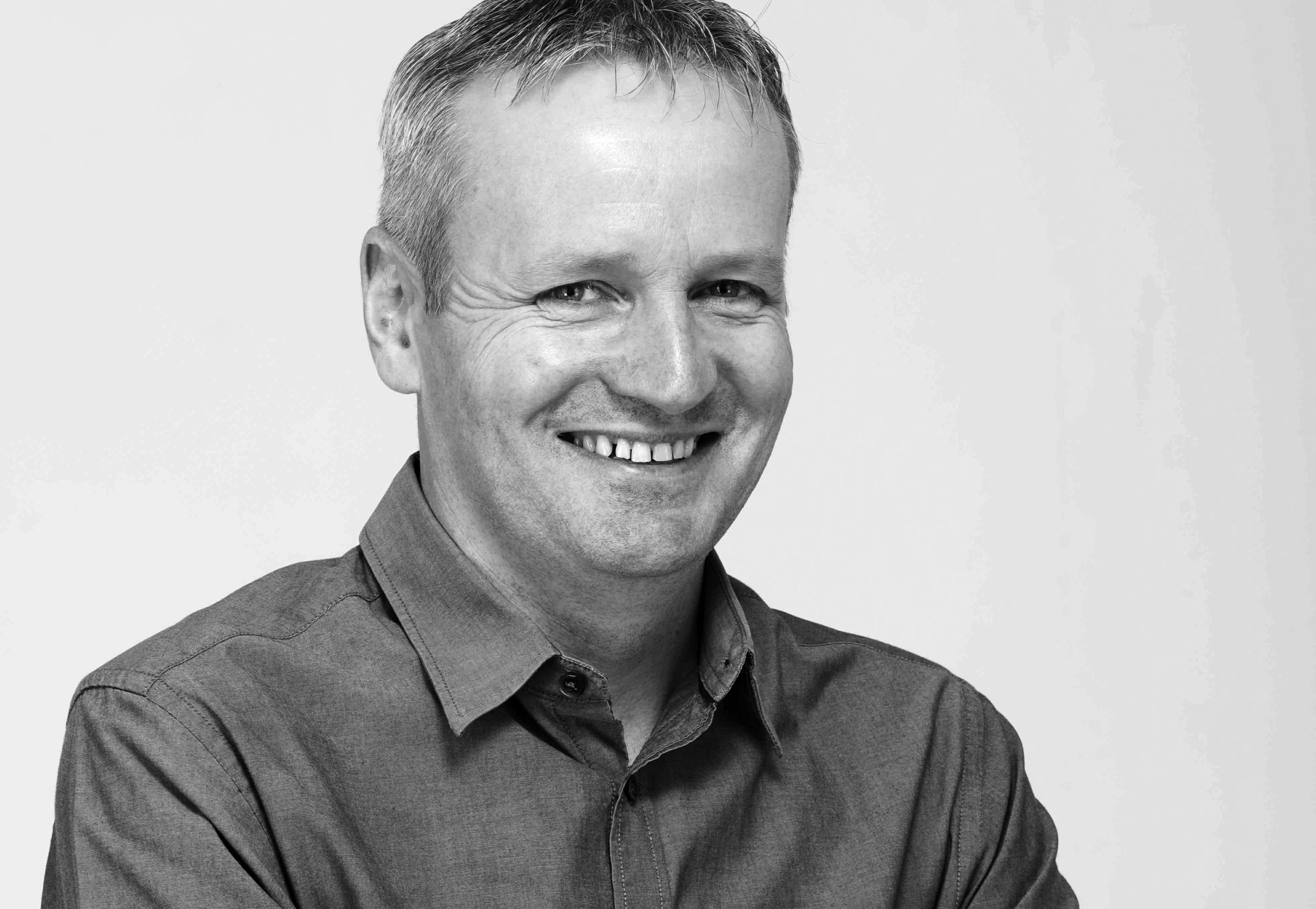Con Conlon had a dozen calls to make, and the technology entrepreneur made them in rapid succession. Sitting in his home in Chennai, a waterfront city on India’s Bay of Bengal, he called a succession of shareholders at his data intelligence company. Most were located more than 8,000 kilometres and five times zones away. Some were in Leitrim and Cavan; others Monaghan and Meath. Some were based in England. For all, however, the news was good. Each had put an average of €50,000 in Conlon’s business. Now, the Merit Group was being sold, and Conlon was explaining to each that…
Cancel at any time. Are you already a member? Log in here.
Want to continue reading?
Introductory offer: Sign up today and pay €200 for an annual membership, a saving of €50.

